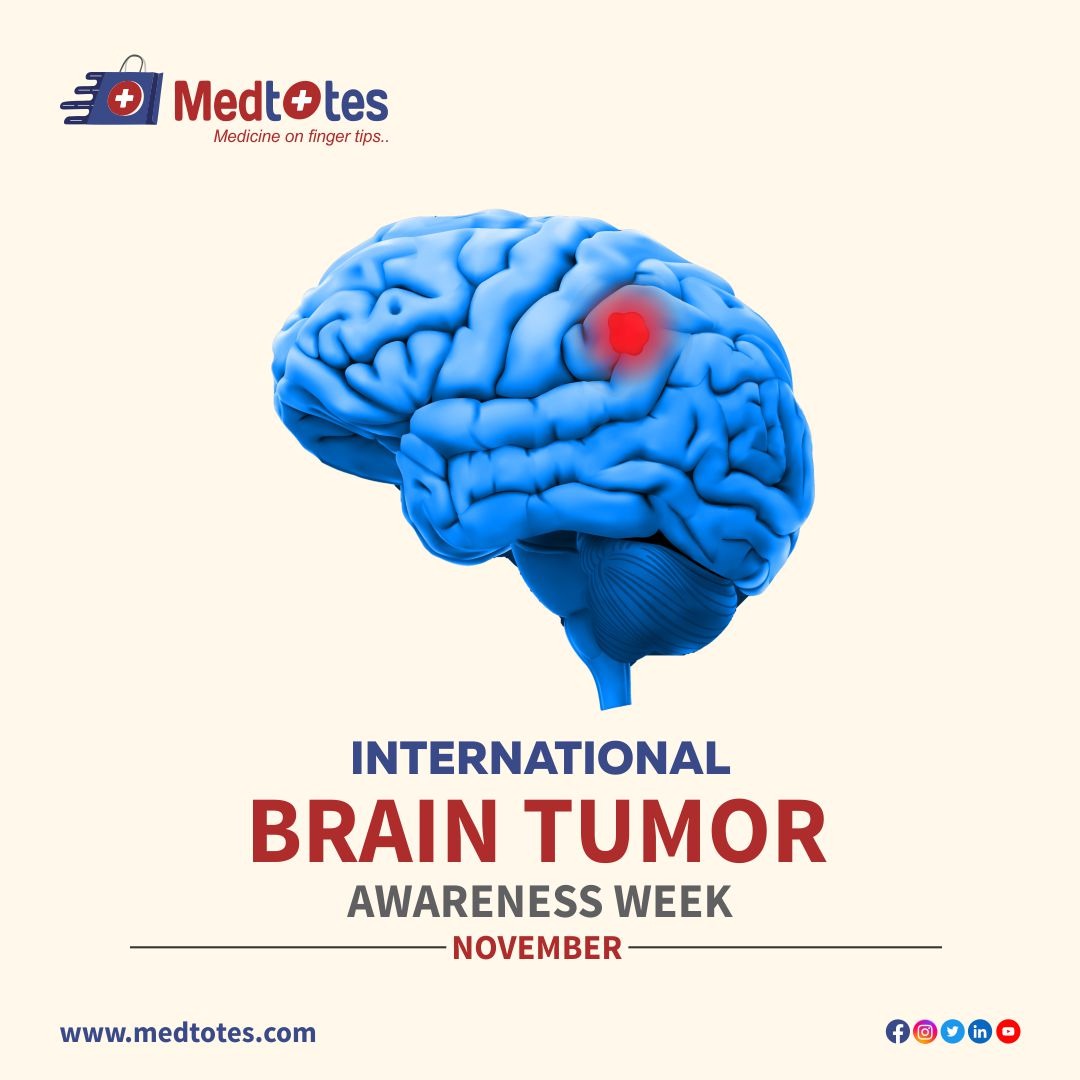I. Introduction
Brain tumors are abnormal cell growths that can be benign or malignant, originating in the brain or spreading from other parts of the body. They can cause symptoms like headaches, seizures, vision changes, and speech difficulties. Treatment options include surgery, radiation therapy, chemotherapy, or a combination of these. Early detection and prompt treatment are crucial for improving the prognosis and quality of life for individuals diagnosed with brain tumors.
II. Types of Brain Tumors
Primary brain tumors form in the brain and are further categorized based on the kinds of cells that arise, such as gliomas, meningiomas, and pituitary adenomas. Cancers that have progressed to the brain from other regions of the body, such as the lungs, breast, or colon, are known as secondary brain tumors. Understanding the various forms of brain tumors is crucial for proper diagnosis and the creation of effective treatments.
III. Causes and Risk Factors
- Genetic predisposition: Brain tumor growth can be impacted by genetic predisposition. Certain genetic alterations, such as neurofibromatosis and Li.Fraumeni syndrome, can increase the chance of developing malignancies. These hereditary disorders can make people more susceptible to developing brain tumors.
- Exposure to ionizing radiation: Ionizing radiation exposure, such as that from radiation therapy for other malignancies or nuclear accidents, is another established risk factor for brain tumors. Radiation can cause DNA damage in cells, resulting in aberrant cell proliferation and tumor development.
- Impact of age and gender: Age and gender can have an influence on the growth of brain tumors. Gliomas are a form of brain tumor that is more frequent in elderly people. Furthermore, certain forms of brain cancer, such as meningiomas.
IV. Signs and Symptoms
- Headaches and migraines
- Seizures
- Cognitive and personality changes
- Difficulty with balance and coordination
- Vision or hearing problems.
- Nausea and vomiting
- Weakness or numbness in the arms or legs
- Changes in speech or difficulty speaking
- Memory problems.
- Fatigue or drowsiness
- Changes in appetite or weight
- Difficulty concentrating or focusing
V. Diagnosis and Treatment
Brain tumors are normally diagnosed using a combination of medical history, physical examination, imaging tests (such as MRI or CT scans), and, in some cases, a sample. When a brain tumor is detected, treatment options may include surgery, radiation therapy, chemotherapy, or a combination of these. A number of factors, including the type, location, and size of the tumor as well as the patient’s overall health, will influence the therapy plan. Individuals experiencing symptoms or having concerns should seek medical help as soon as possible, since early discovery and treatment can considerably improve outcomes.
VI. CONCLUSION
In conclusion, Brain tumors require a comprehensive diagnosis and personalized treatment, with advancements in medical technology promising improved outcomes. Prioritizing health and seeking medical attention early can increase early detection and effective treatment for specific tumor types.

